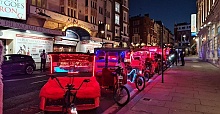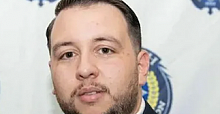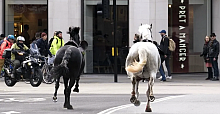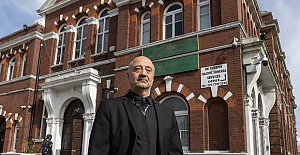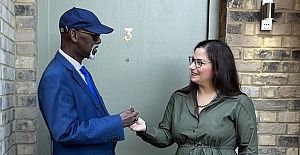After authorizing U.S. weapons for rebels in Syria, President Barack Obama faces difficult talks on ending the civil war there when he meets next week with the Syrian government's most powerful ally: Russian President Vladimir Putin. The pair will hold their first private, face-to-face meeting in a year on Monday at the G8 conference in Northern Ireland, the White House said on Friday. Obama will focus on finding common ground with Putin on talks toward a political settlement in Syria, said Ben Rhodes, the White House deputy national security adviser. "There are no illusions that that's going to be easy," he said. Obama will discuss U.S. evidence that Syrian President Bashar al-Assad's forces have used chemical weapons - crossing what the American president has called a "red line" in the 2-year-old civil war, the White House said. Syria is Russia's only ally in the Middle East and Moscow has frustrated the United States by its diplomatic support for Assad and its threats to send S-300 anti-aircraft missiles that could prevent the establishment of a Western no-fly zone in Syria.
Working to overcome mistrust between them, Moscow and Washington are trying to set up a Syrian peace conference in Geneva next month.
Russian Foreign Minister Sergei Lavrov has told Secretary of State John Kerry that U.S. accusations of chemical weapons use by Assad's forces "are not backed up by verified facts," the Russian foreign ministry said on Friday.
Lavrov also warned that U.S. military support for Syrian rebels could escalate violence, it said.
Obama's authorization of U.S. weapons to Syrian rebels is likely to upset Putin.
In a series of comments on Tuesday that ranged from criticism of America's dropping of the atomic bomb in 1945 to its treatment of Native and African Americans, Putin accused Washington of supporting protests that have seen thousands take to Moscow's streets.
Russia has been particularly exasperated with U.S. Ambassador Michael McFaul, who has built deeply close links with dissident groups. It has complained repeatedly about foreign and particularly U.S. funding of activist groups and kicked out the U.S. Agency for International Development.
In an apparent move to irritate Washington further, Putin said Russia might be willing to consider a plea for asylum from Edward Snowden, who leaked surveillance secrets from the U.S. National Security Agency.
The Obama administration is reluctant to become more involved in Syria, set up no-fly zones or put its own troops in. Russia's intransigence is seen by some as providing justification for limited action.
"What we're seeing here is another sign of a move to a much more multipolar world," said Nikolas Gvosdev, professor of national security studies at the United States Naval War College. "It's about countries like Russia putting certain states such as Syria off-limits for U.S. intervention. If you're going to get things done in the modern world, you're going to have to get great powers to work together."
Obama, Putin to discuss Syria
Obama faces difficult talks on ending the civil war there when he meets next week with the Syrian government's most powerful ally Putin.
15 Haziran 2013 Cumartesi 04:05
reads.
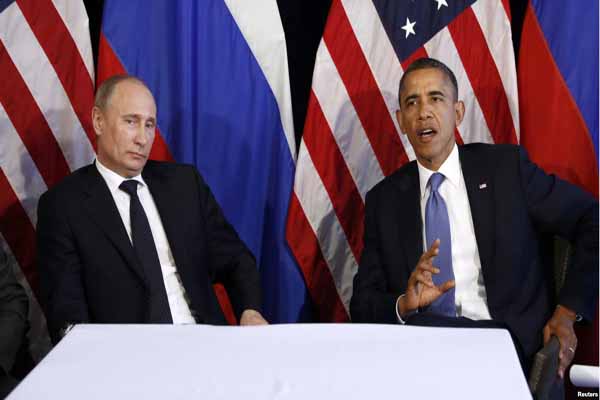



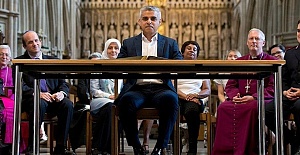 The candidates vying to be the next London mayor
The candidates vying to be the next London mayor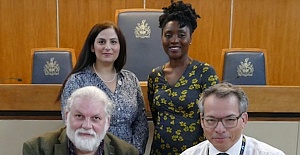 Enfield Council commits to anti-racism and diversity pledge
Enfield Council commits to anti-racism and diversity pledge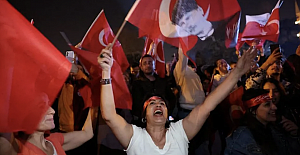 President Erdogan promised supporters his party would learn its lessons from the defeat
President Erdogan promised supporters his party would learn its lessons from the defeat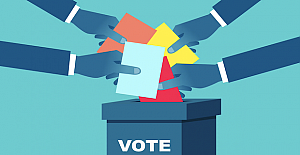 Mayor of London and London Assembly elections
Mayor of London and London Assembly elections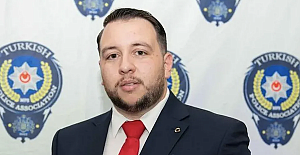 Off duty Police sergeant Eren Emin catch suspected thief while on stag do
Off duty Police sergeant Eren Emin catch suspected thief while on stag do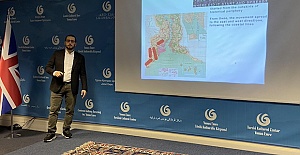 A Century of Urban Transformation, Istanbul’s Evolution
A Century of Urban Transformation, Istanbul’s Evolution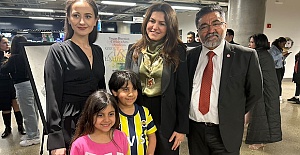 Future Painters Exhibition at Tottenham Hotspur Stadium
Future Painters Exhibition at Tottenham Hotspur Stadium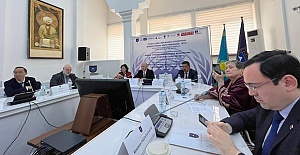 Models of Teaching International Journalism for Sustainable Development
Models of Teaching International Journalism for Sustainable Development English Premier League leaders Arsenal will visit title contenders
English Premier League leaders Arsenal will visit title contenders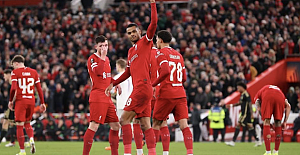 Liverpool meet Atalanta and West Ham face Bayer Leverkusen
Liverpool meet Atalanta and West Ham face Bayer Leverkusen Arsenal face Bayern Munich and Manchester City play Real Madrid
Arsenal face Bayern Munich and Manchester City play Real Madrid UK Transfer deadline day, the transfer window closes tonight
UK Transfer deadline day, the transfer window closes tonight Petrol prices on UK forecourts hit 150p a litre
Petrol prices on UK forecourts hit 150p a litre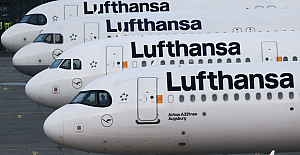 Europe's travel strikes: Flight and train disruption you can expect in April
Europe's travel strikes: Flight and train disruption you can expect in April Enfield Council website achieves digital inclusion recognition
Enfield Council website achieves digital inclusion recognition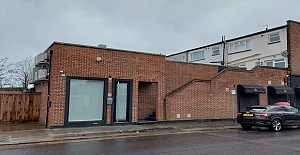 Enfield Council’s Planning Enforcement team goes from strength to strength
Enfield Council’s Planning Enforcement team goes from strength to strength

